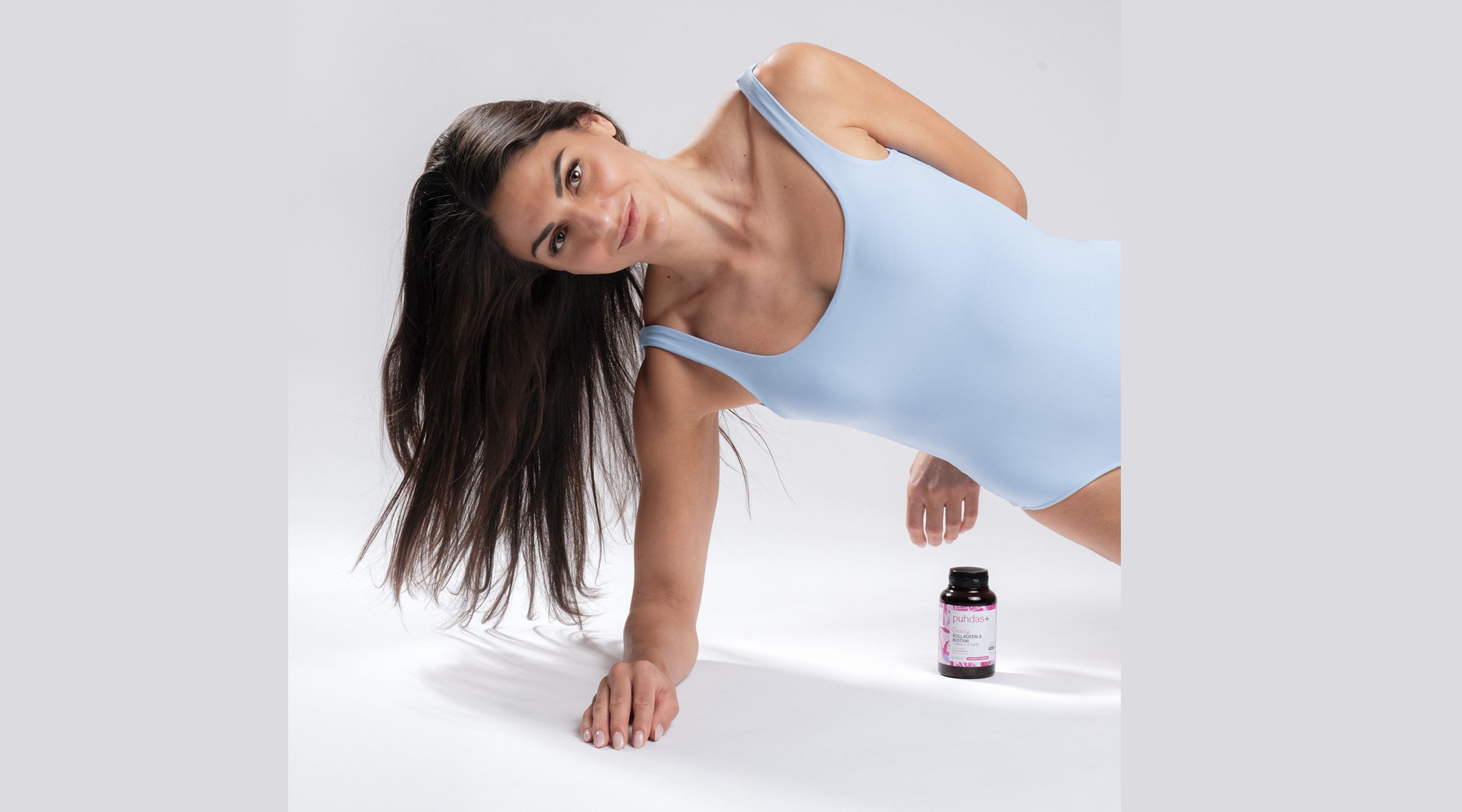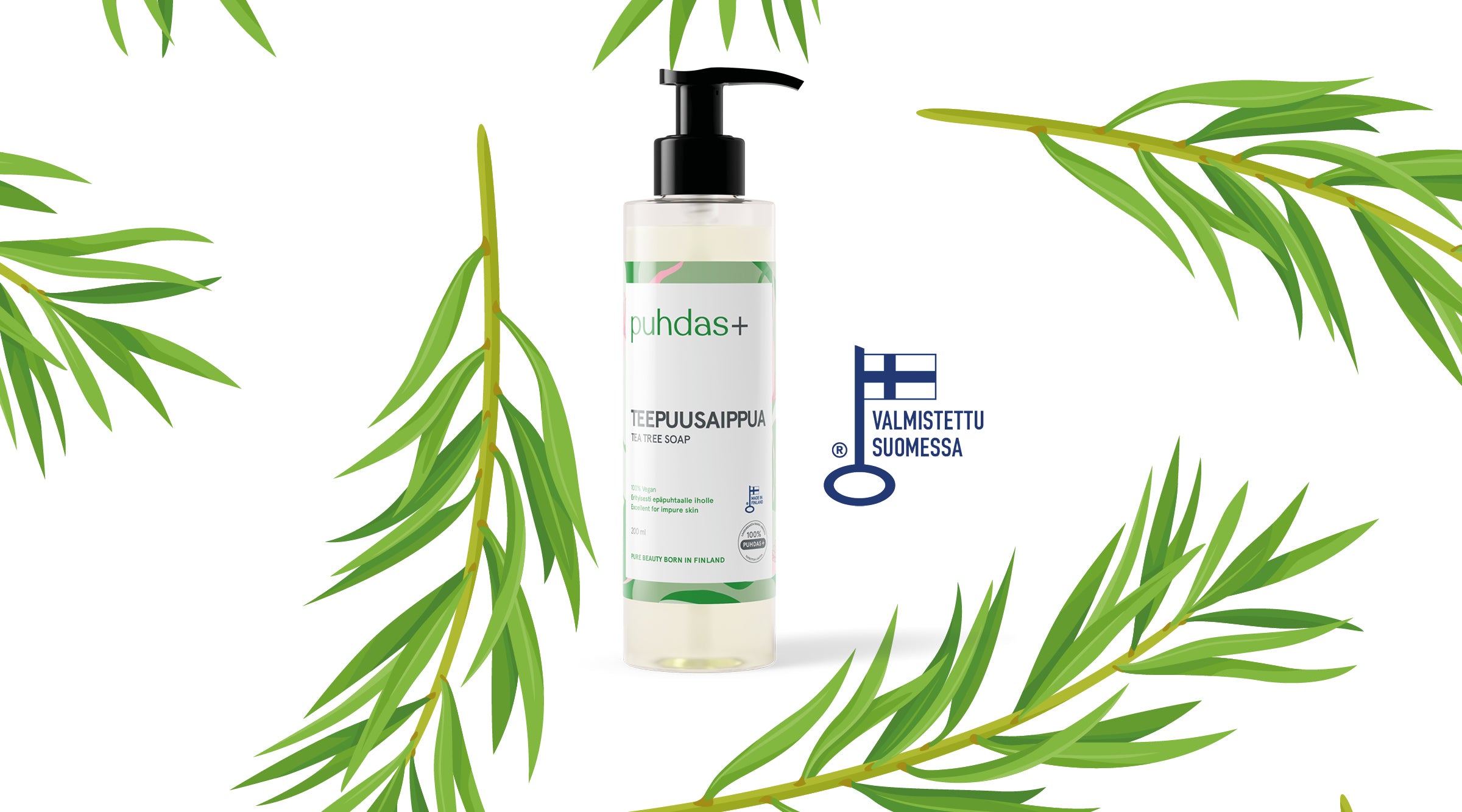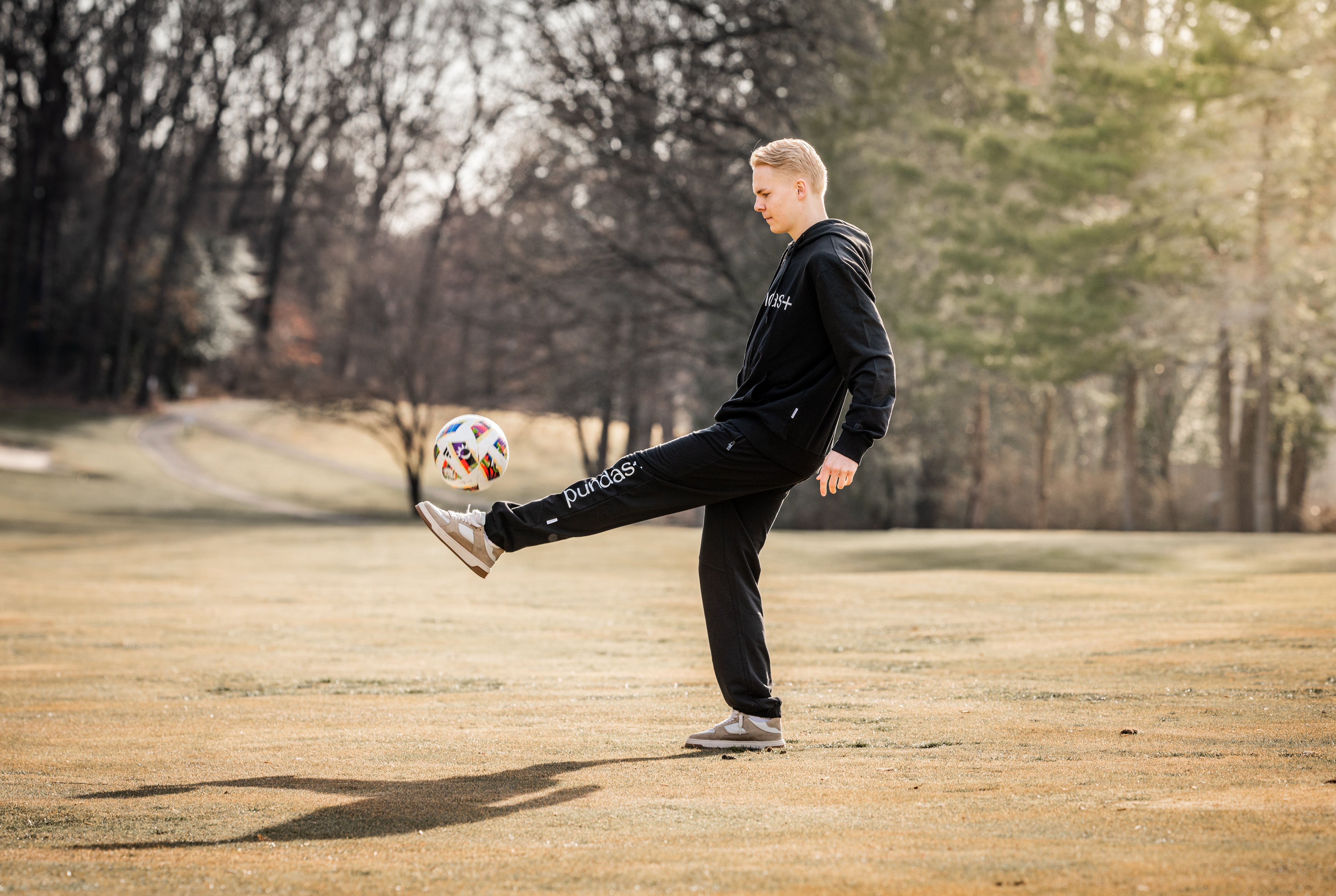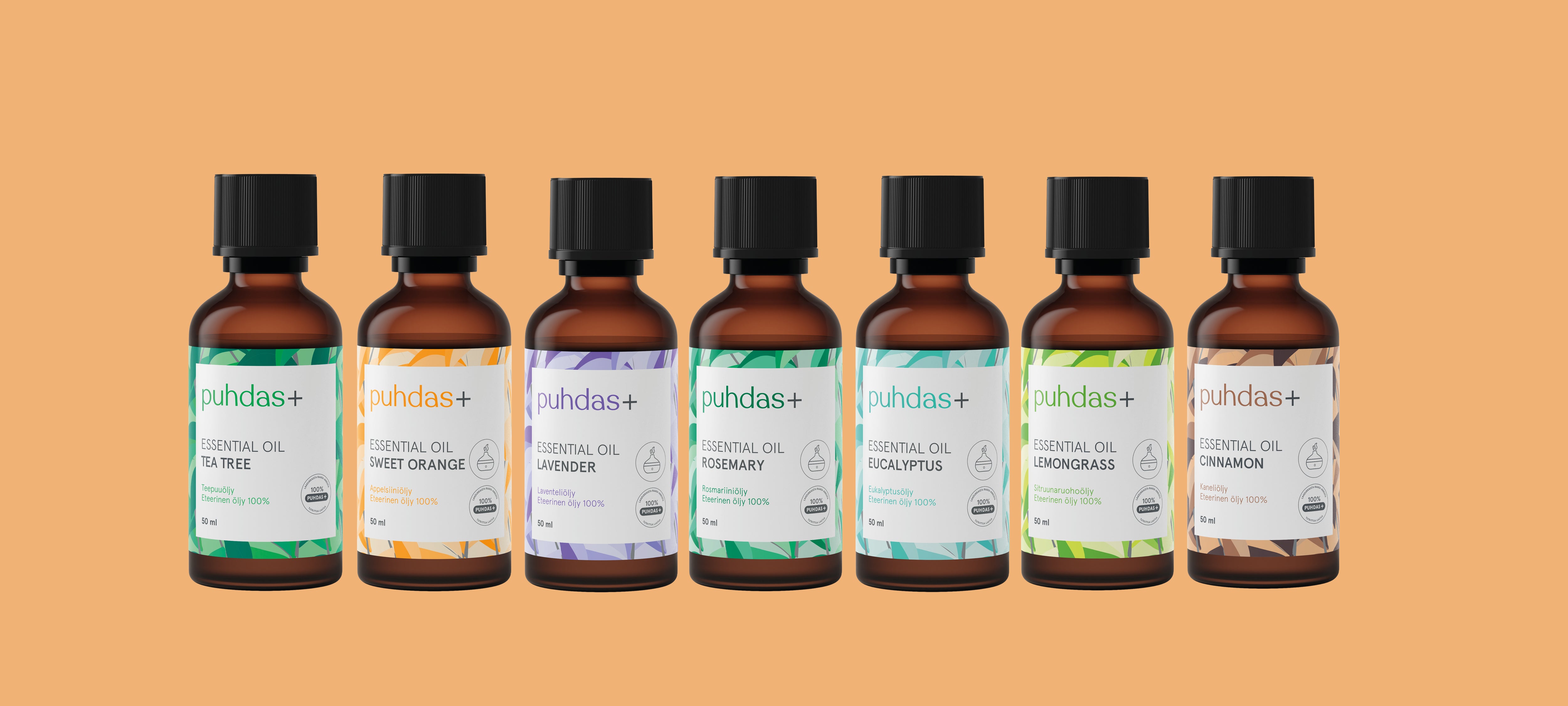Did you know what are the TOP-3 most important nutrients for an active person?
Collagen - The most important of all!
Collagen is a helical filamentous protein in our body that has excellent flexibility and tensile strength. It occurs e.g. in the skin, mucous membranes, tendons, cartilage and bones. Its production begins to decrease slowly after the age of 25, and in middle age its production has already decreased significantly. This can be seen externally, e.g. from sagging skin, which is thought to be a sign of aging.
In the past, people often used food in a more diverse way, so that the food contained more of those parts (e.g. fish skin and animal cartilage) that also contain significant amounts of collagen. Nowadays, e.g. meat and fish are used more selectively. Often, the part that doesn't have a lot of collagen is mostly used. In a mixed diet, more collagen was obtained in the past than today. This is significant, because approximately 40% of the body's proteins are collagen. Our current nutrition therefore does not support a sufficient collagen intake. An active lifestyle puts quite a few demands on the body. The supporting structures of the body must be particularly durable and flexible.
vitamin C
Vitamin C is the most important water-soluble vitamin for an active person for many reasons. The main reason is that it helps us stay strong and resilient. Vitamin C is also an important antioxidant and it reduces harmful oxidative stress in the body. Oxidative stress is a biochemical event that leads to damage to the body's tissues and molecules, premature aging and weakening of the immune system.
Although exercise is very healthy and beneficial if done in a reasonable way, it increases oxidative stress and the need for antioxidants such as vitamin C.
Humans and hamsters have one thing in common, namely the inability to form vitamin C. Therefore, the intake of this vitamin is completely dependent on external intake. In the body, large amounts of vitamin C are found in the adrenal cortex, where the stress hormone cortisol is produced. Vitamin C is also associated with a healthy stress response and is therefore particularly useful as a nutritional supplement for athletes. Even though exercise is healthy, it is still always some kind of stress or strain on the body. Vitamin C helps our body adapt to such so-called "positive stress". When your stress response is in order, you can cope better and recover from exercise more efficiently.
Magnesium Magnesium is the most important mineral for the body. It is involved in the activity of hundreds of enzymes. Enzymes change substances into other substances, break them down and build them up, and are absolutely necessary for life.
Magnesium is also an electrolyte, which means it participates in body functions that involve electrical charge. This is particularly important e.g. for muscle cells and their contraction and relaxation. Those suffering from magnesium deficiency can experience painful muscle cramps, and this is also a fairly common problem for athletes. Other important electrolytes are e.g. sodium, potassium and calcium.
The heart is a big and powerful muscle. Therefore, magnesium is also important for the normal electrical function of the heart. Of course, playing sports strengthens the heart, but especially in older and heavy performances, the heart is also subjected to a special strain, and it is then important to ensure the optimal functioning of the heart. Lack of magnesium may predispose to arrhythmias. Bones also need magnesium to stay strong and healthy.
While sports performances increase e.g. the need for vitamin C, they also increase the need for magnesium. Lack of magnesium in athletes not only exposes them to unpleasant muscle cramps, but also to other health problems caused by lack of magnesium. All three active ingredients in the same product
The new Puhdas+ Collagen & Magnesium + vitamin C product that just came on the market contains all of these most important nutrients for people who are active or do sports in an easy-to-eat form. The powder is mixed with water, a smoothie or a recovery drink. The product is made in Finland and is 100% additive-free.
Sami Sundvik, nutrition coach.




